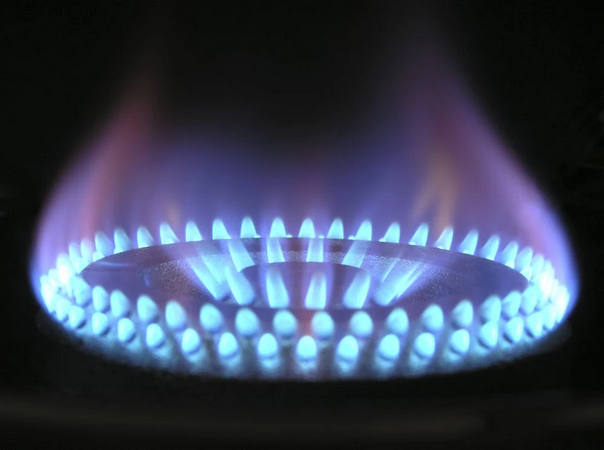Natural gas is one of the most commonly used energy sources for home heating, cooking, and water heating, but understanding how natural gas plans work is important. That’s where many homeowners hit a wall. With different pricing models, contract options, and providers, it’s easy to feel overwhelmed or unsure about whether you’re getting a good deal. The good news is, you don’t have to be an energy specialist to make smart picks. Whether you’re a new homeowner or just looking to lower your monthly bills, learning the basics about natural gas plans can help you save money and avoid surprises.
Fixed vs. Variable Rates
The first thing you need to know is the difference between fixed and variable rate plans. Fixed-rate plans lock in a set price per therm (the unit used to measure natural gas), usually for 6 to 12 months. This means your rate won’t fluctuate with the market, offering predictability and stability—especially during colder months when usage tends to spike. On the flip side, variable-rate plans change month to month based on market conditions. While they can sometimes be cheaper in mild seasons, they’re riskier in winter or when supply costs rise. If you value budgeting consistency, a fixed-rate plan is often the safer bet.
The Right Provider
Not all gas providers are created equal. Some focus on competitive rates, while others may offer better customer service, flexible contracts, or renewable energy options. If you live in a deregulated market—like Georgia—you have the power to shop around. There are several gas companies in Athens Georgia that offer a variety of residential plans, and comparing their offers can help you find the one that best matches your household’s energy habits. Don’t just look at the rate—check out fees, contract terms, and any promotional pricing that might change after a few months.
Additional Fees

When evaluating natural gas plans, it’s important to look beyond just the price per therm. Many providers tack on additional fees, such as monthly service charges, connection fees, or early termination penalties. These can quickly add up and impact your overall monthly cost. Always read the fine print in your contract. Some fees are unavoidable, but others—like penalties for switching providers early—can be managed if you know what you’re signing up for. If a plan sounds too good to be true, it probably has hidden costs worth investigating.
Billing and Usage Transparency
A good natural gas plan should make it easy to understand how much energy you’re using and what you’re paying for it. Many providers now offer digital dashboards or mobile apps where you can track your monthly usage, view past bills, and even get usage forecasts. These tools are especially helpful if you’re trying to manage your energy usage more efficiently or spot unusual spikes that could point to leaks or equipment issues. Transparency goes a long way in helping you stay on top of your home’s energy needs.
Seasonal Considerations
Your natural gas usage will fluctuate with the seasons—there’s no way around it. But knowing this in advance can help you plan better. Winter months almost always bring higher bills due to heating demands, while summer bills tend to be lower unless you’re using gas-powered appliances year-round. Some providers offer budget billing programs that average your costs over the year, making it easier to manage your monthly expenses. If you prefer consistent payments, ask your provider if they offer this option when you sign up.
Natural gas plans don’t have to be complicated—but understanding the key components can save you money and stress in the long run. From knowing the difference between fixed and variable rates to understanding your provider’s fees and policies, a little knowledge goes a long way. As a homeowner, your energy choices directly affect your budget and comfort. So take the time to review your options, compare providers, and ask questions. Your wallet—and your future self—will thank you.

